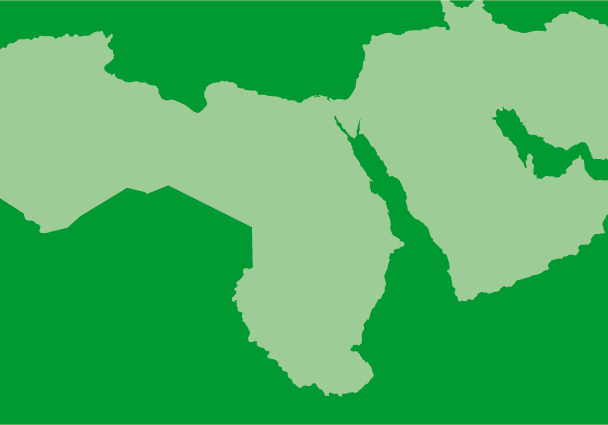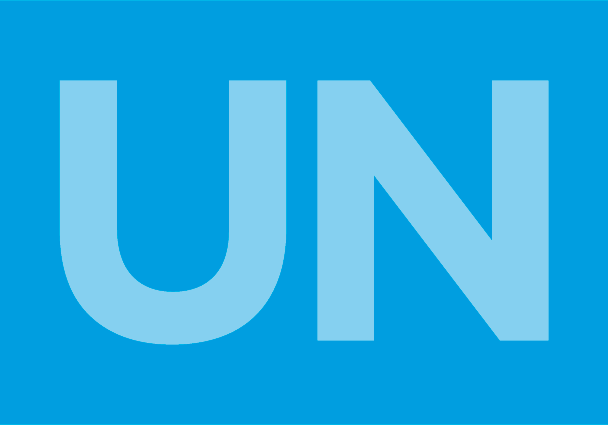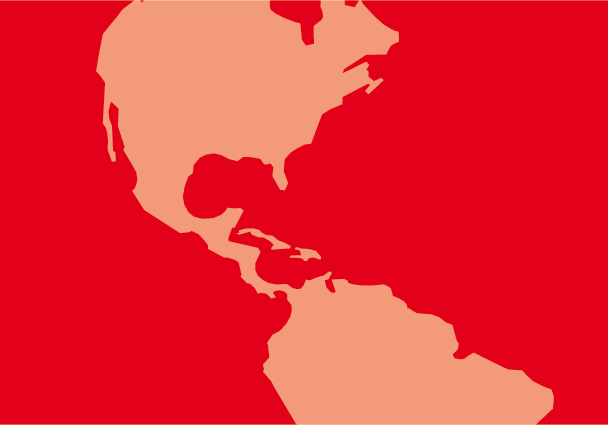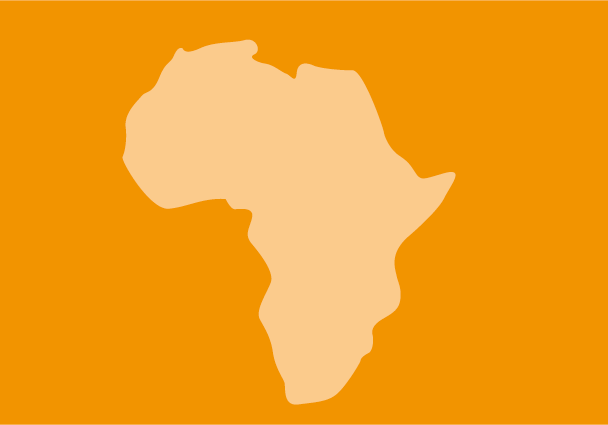🍪 We use cookies on our website to improve your experience. By clicking "Accept all", you consent to the use of all the cookies. If you'd like to control which cookies we use, please visit "Cookie settings". To find out more, read our privacy policy and cookie policy.
The technical storage or access is strictly necessary for the legitimate purpose of enabling the use of a specific service explicitly requested by the subscriber or user, or for the sole purpose of carrying out the transmission of a communication over an electronic communications network.
The technical storage or access is necessary for the legitimate purpose of storing preferences that are not requested by the subscriber or user.
The technical storage or access that is used exclusively for statistical purposes.
The technical storage or access that is used exclusively for anonymous statistical purposes. Without a subpoena, voluntary compliance on the part of your Internet Service Provider, or additional records from a third party, information stored or retrieved for this purpose alone cannot usually be used to identify you.
The technical storage or access is required to create user profiles to send advertising, or to track the user on a website or across several websites for similar marketing purposes.
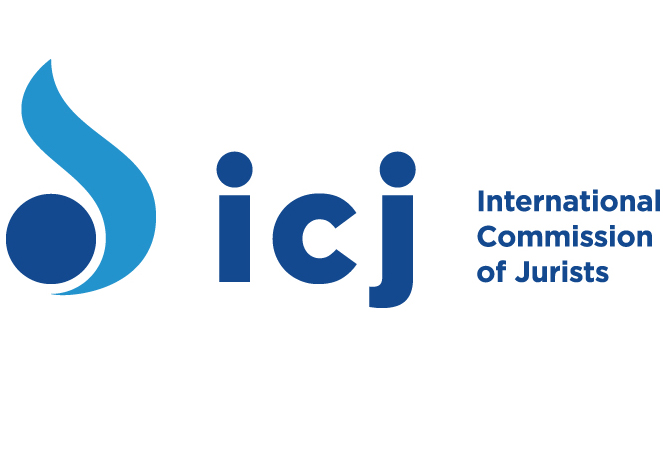
 The ICJ, member of the Jury of the Martin Ennals Award for Human Rights Defenders, announced today that Arnold Zunga (photo) and Akbar Ganji have been selected as the winners of the 2006 Martin Ennals Award.
The ICJ, member of the Jury of the Martin Ennals Award for Human Rights Defenders, announced today that Arnold Zunga (photo) and Akbar Ganji have been selected as the winners of the 2006 Martin Ennals Award.
